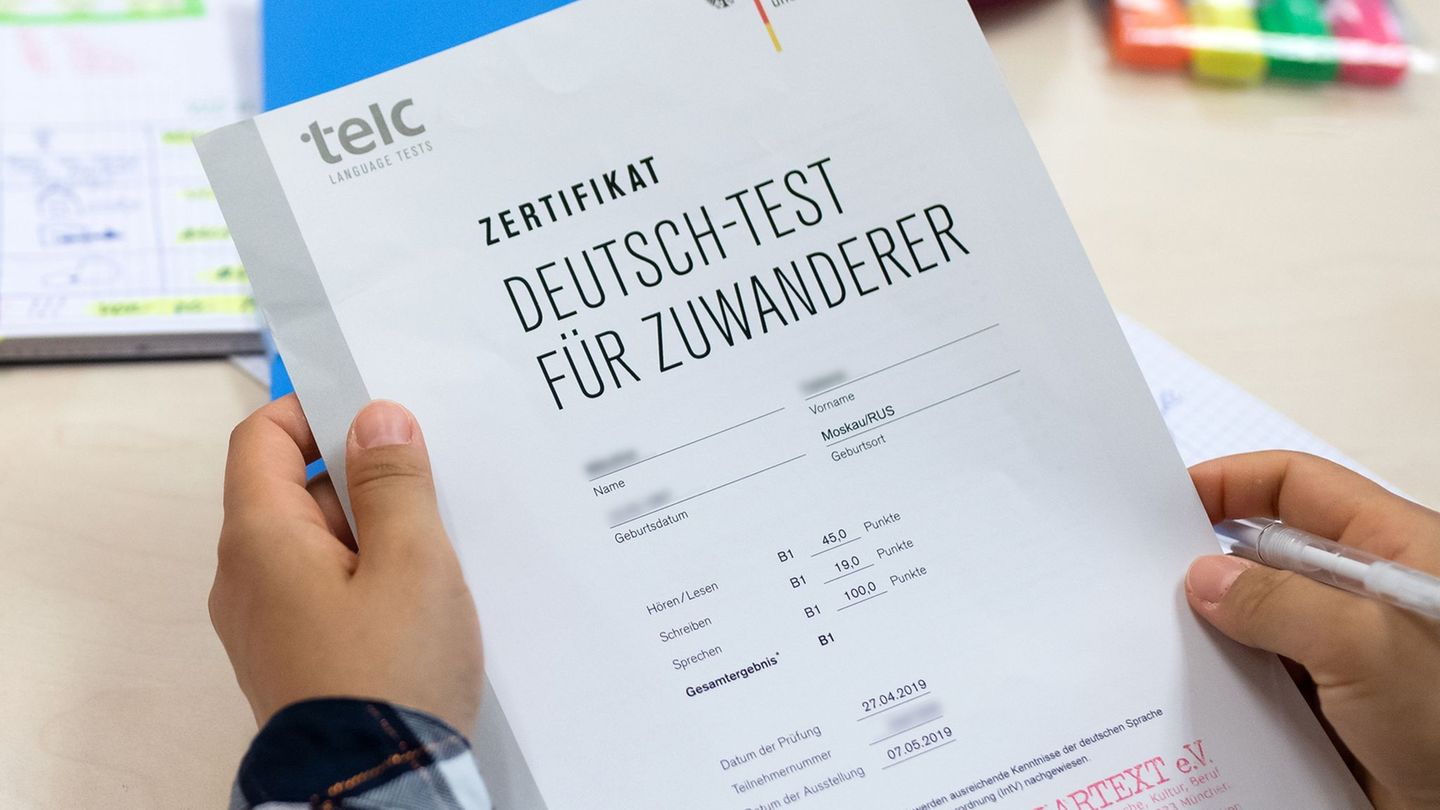It’s about the “freedom that we all wish for” and that we would like to “get back”: “Freedom” was probably the most common word that Chancellor Karl Nehammer (VP), Health Minister Wolfgang Mückstein (Greens) and Constitutional Minister Karoline Edtstadler ( VP) served when they presented the draft for compulsory vaccination on Sunday – revised after more than 100,000 statements.
Nehammer began testing negative again after his corona infection, also personally: he had no symptoms, so he now knew from his own experience that vaccination is “protection”.
“As planned” from the beginning of February the vaccination will come, said Nehammer. The “fears and objections” against the obligation to vaccinate were taken “very seriously” in the draft that is now available, and “dialogue” was the focus, said the Chancellor. One consequence of this is that vaccination will only be compulsory from the age of 18 and not from the age of 14 as in the first draft. The vaccination requirement will be introduced in three phases, the last, with prescribed vaccination dates and automated penalties for those unwilling to be vaccinated, will “hopefully not be needed”.
- ZIB 1: Government announces compulsory vaccination regulations
This video is disabled
Please activate the categories Performance Cookies and Functional cookies in your cookie settings to view this item. My cookie settings
“Flexible” law
Mückstein and Edtstadler also emphasized the proven protective effect of the corona vaccination. The “idea of solidarity” stands behind the vaccination, said Mückstein. The current draft offers the possibility of reacting “flexibly” to the development of the pandemic. “Vaccination protects, it protects us, and it also protects our fellow human beings,” said Mückstein. As a society as a whole, you have to do everything you can to “so that as many people as possible can be vaccinated” – and do everything to get out of the spiral of constant lockdowns and the subsequent opening.
- ZIB 1: Hans Bürger and Günther Mayr comment on the draft of the mandatory vaccination law
This video is disabled
Please activate the categories Performance Cookies and Functional cookies in your cookie settings to view this item. My cookie settings
He also stressed that the current omicron wave cannot be the way out of the pandemic. This will “bring a high level of immunization, but without mandatory vaccination we will always lag behind.” Because it will probably not be the last option. And you don’t know how long the immune protection lasts.
This interactive graphic is disabled
Please activate the category Targeting Cookies in your cookie settings to view this item. My cookie settings
This interactive graphic is disabled
Please activate the category Targeting Cookies in your cookie settings to view this item. My cookie settings
“A vaccination is the ultima ratio,” said Edtstadler. There is no question that “the obligation to vaccinate is an encroachment on fundamental rights” – but in this case it is constitutionally permissible. “At the moment we know that vaccination is the most reliable tool in the fight against the pandemic.” The question is whether this encroachment on fundamental rights is justified by the objective, in this case combating a pandemic, by the effectiveness of the means, which has been proven, and by proportionality. “We always have to weigh up the principles,” said Edtstadler. “Explicitly” she emphasized that alternative prison sentences and preventive detention are excluded.
As far as the end of the vaccination obligation is concerned, the law itself stipulates that it will expire on December 31, 2024. However, there is the possibility that, depending on epidemiological developments, parts can be overridden by government ordinance and by resolution of the Main Committee of the National Council. Accompanying monitoring is also planned. A commission set up in the Federal Chancellery, which is also assisted by legal scholars and physicians, must examine the situation at least every three months. For example, she should look at whether there have been any changes in the effectiveness or availability of the vaccines, for example due to the emergence of new virus variants.
Today, Monday, the draft will be discussed in Parliament’s Health Committee, and the decision in the plenary session is planned for Thursday. It would only need a simple majority of the government factions ÖVP and Greens both in the National Council and later in the Federal Council. The government also wants to get the approval of the SPÖ and Neos. Red and pink signaled this yesterday.
This interactive graphic is disabled
Please activate the category Targeting Cookies in your cookie settings to view this item. My cookie settings
Source: Nachrichten



